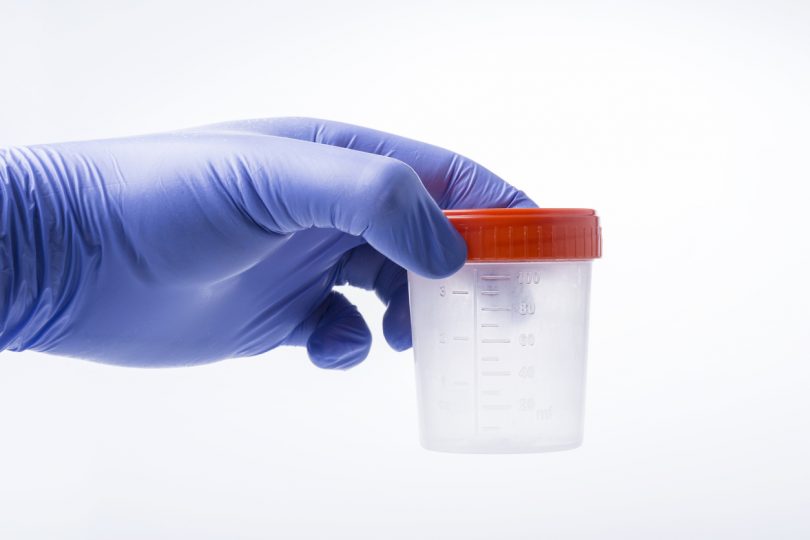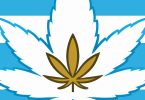In 2018, Congress passed the landmark Farm Bill which de-criminalizes the growing of industrial hemp. Since CBD is a derivative of the hemp plant, the legal changes also apply in the case of CBD products—which has certainly been a most welcome change in a booming industry.
While the federal government has agreed that industrial hemp should not be classified as an illegal substance, many states have lagged behind in updating their legal codes. An area where this issue is most prescient is the case of employee drug testing. Thus, for many the idea of seeking out CBD as an alternative medication may be impossible.
One such case occurred this year when a North Texas federal enforcement officer’s decade-long career was terminated due to detectable traces of ‘marijuana’ in their system. Although CBD products are federally mandated to contain no more than .03% of THC, employee drug tests do not account for exact percentages of THC in the bloodstream.
So, regardless of whether you’re ingesting CBD there still is a risk that THC will show up on an employer drug test. Until employee drug tests can be calibrated to isolate distinct percentages of the various cannabis molecules that exist, many folks out there will continue to tread lightly when it comes to medicating with CBD.
Instances of employees failing drug tests due to CBD use have begun to crop up across the country ranging from Texas to Missouri to North Carolina. A few of these cases have resulted in employees suing employers for wrongfully claiming that they had smoked marijuana when in reality they had taken CBD for pain treatment.
Unfortunately, we will just have to wait and see whether employer drug testing policies will change when it comes to CBD. Until then it is advised that employees who know they will be drug tested should say vigilant and aware of the fact that they may test positive.
Image Credit: WikiLeaf










